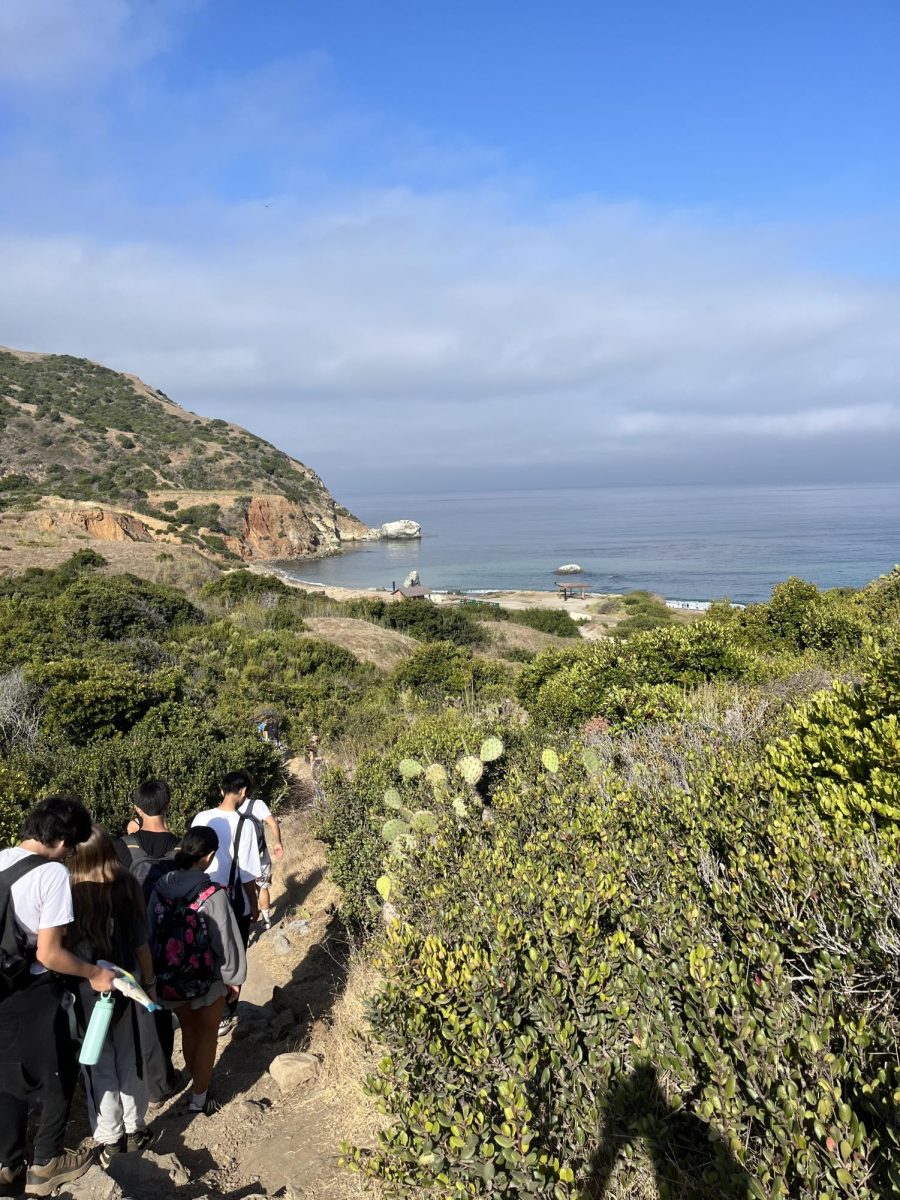The concept of secession from the United States, an issue last highlighted in the American Civil War, has been brought back into the spotlight in California. CalExit, a grassroots movement advocating California’s secession from the union, hopes to capitalize on the state’s tendency to vote blue, the tech industry, and massive GDP (Growth Domestic Product), among other factors.
Organizations including the California National Party (CNP) and YesCalifornia, strategically supported the recent confirmation of Justice Brett Kavanaugh. knowing many Democrats feel misrepresented in this largely Republican national government. Ploys such as this endorsement have the goal of polarizing California politics to the point that secession seems like the best alternative to remaining in the United States.
These groups have also compared CalExit to The United Kingdom’s Brexit vote, @YesCalifornia tweeting, “They said Brexit wouldn’t happen. What’re you going to say if they tell you CalExit won’t happen?”
Strategic timing in relation to the present political realities appears to be a main component of spreading the message. Under the current Trump Administration, CalExit endorsers think this is the perfect moment to capitalize on the current political turmoil.
California, as its own country, would have the fifth largest economy in the world, having recently surpassed Britain with a GDP of $2.747 trillion, according to the United State’s Department of Commerce. In being the nation’s largest supplier of agricultural goods, as well as the home of booming industries, most notably Silicon Valley and Hollywood, the state would likely be able to sustain itself without major aid from either the remaining forty-nine states or elsewhere. California is also home to several global ports, many of which are responsible for the arrival of billions of units of products to the USA annually. Without the strategic seaside position that is California, the US would be forced to readjust its Pacific Ocean trade routes. However, for California, this would only add to the benefits of secession. The three “megaports” – Los Angeles, Long Beach and Oakland – are responsible for more than a fourth of goods delivered into the US, as stated by the California Department of Transportation. The mentioned factors would make it extremely difficult, maybe even impossible for the United States to stand separate from California, yet from the Californian point of view, it could result in an even more powerful economy.
A severe problem for the potential country, though is its low water supply. Large portions of the resource flow downwards from Colorado because of the State Water Project, according to the California Department of Water Resources. The continued aid of Colorado would likely require a multilateral covenant, whether that be California paying, offering resources of its own, or another outcome. Fortunately for the state, there is much to trade in return for water from Colorado, but regardless, it would be a difficult situation for the parched area to resolve.
If secession efforts resulted in a success, California’s politics would be extremely left wing, at least by American standards. Universal healthcare, free higher education, and more government benefits are plausible. A president and head of the Environmental Department that believes in global warming would also greatly aid the fight against climate change. Carbon emissions and greenhouse gasses released into our atmosphere would be greatly diminished and, as one of the world’s most powerful and cleanest economies, California could influence other nations to follow suit too.
With a significantly smaller population, about the size of Canada’s, to govern relative to the US (39 million to 326 million), the national government would be more effective and capable of catering to just the interests of Californians. The United States Government is forced to factor in the desires of all fifty states, those of which greatly vary. California and Wyoming, for example, are polar opposites in terms of policy, both in opinions and also in what types of government is best suited for the respective states. Wyoming’s perspectives, as a rural location, religiously, and politically are difficult for the federal government to please simultaneous to California’s.
As the Constitution stands today, there is no pathway for a state to secede from the union. The Supreme Court case Texas v. White of 1869 determined that the federal government does not recognize secession. This is most obviously displayed in the Civil War, when the Confederacy was never its own nation, at least according to the United States government. That could have changed if the Confederacy had militarily overpowered the rest of the Union, but that scenario noticeably did not happen. The chances of California being able to first form a military in such short time, and then pull off that military feat are next to nothing. Therefore other alternatives would be necessary.
Amending the Constitution to create that path to secession would have a low chance of success, but is still the most probable option. Amending the document requires the vote of 1) two-thirds of both houses of Congress or 2) two-thirds of the states calling for a constitutional convention, and then three-quarters of the state legislatures agreeing to pass the amendment. If the amendment to allow a path to independence was voted into existence, it is still improbable that CalExit would go through. In being unpredictable and rash, and without a massive majority of California’s population favoring the action, lawmakers would be reluctant to even consider the option.
Following a prospective vote initiating the secession of California, new questions on its liberalism would be raised. Assuming immigration rates into California increase, would the new nation have open borders? Or would it build a wall? Will it legally be a bilingual state? With a population of about 30% speaking Spanish at home, it would seem to be the case. Also, would the state open borders to countries with whom the US currently has imposed travel restrictions upon? Political patterns seem to lean towards no, but as the United States has seen recently, votes can be unpredictable.





